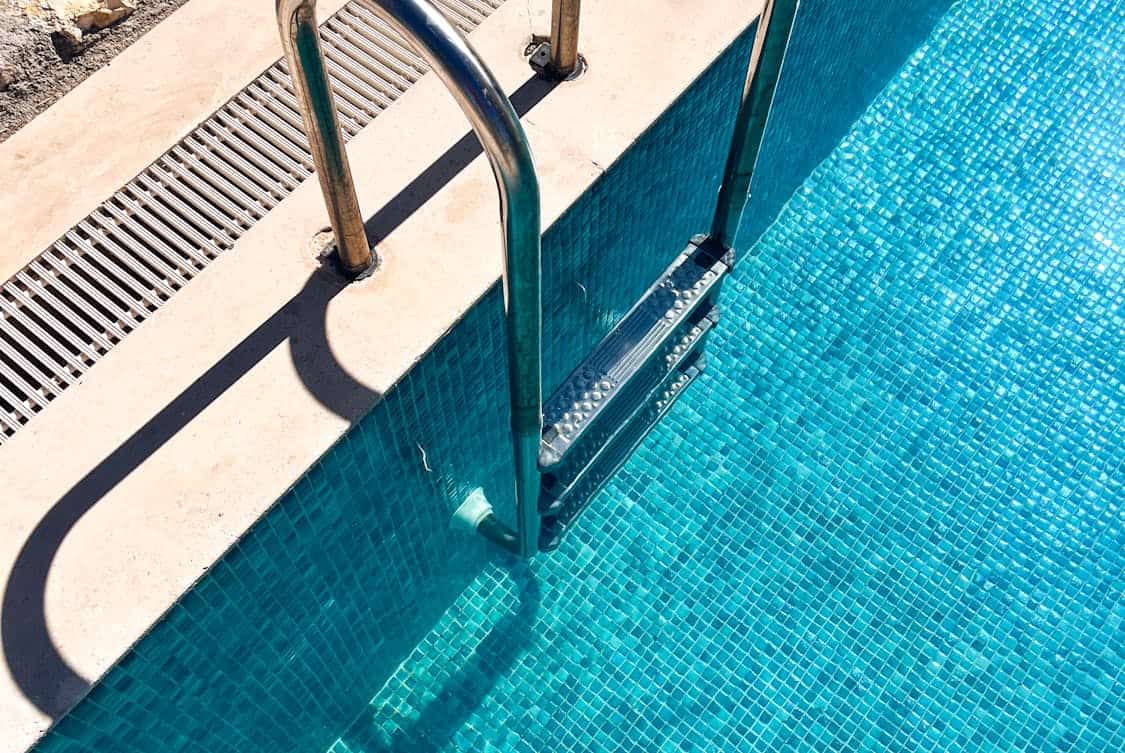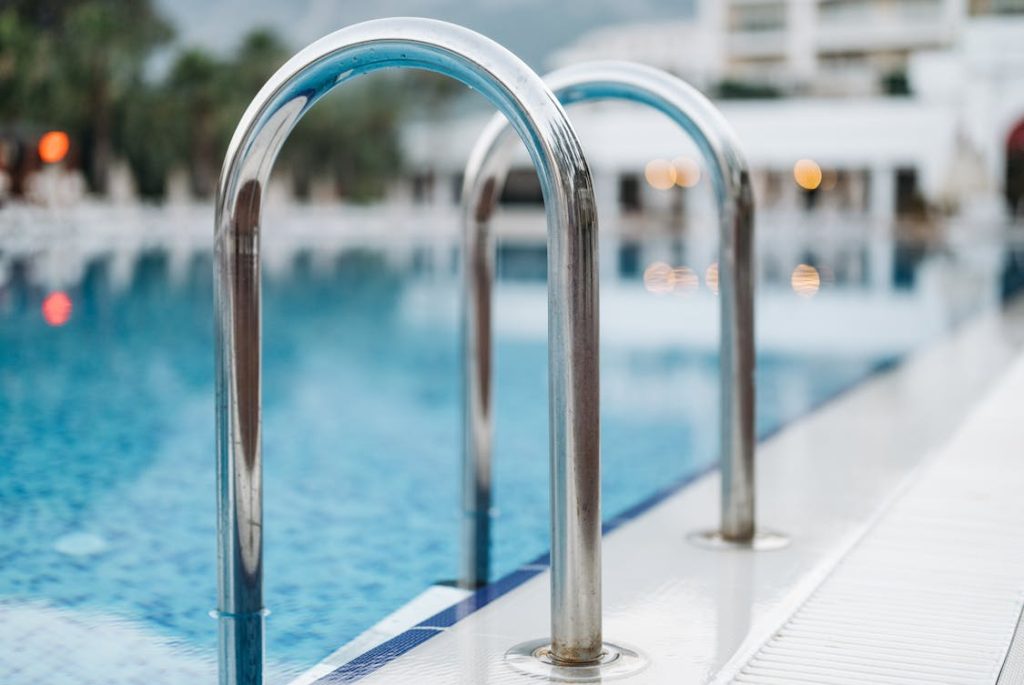A backyard pool is a great source of fun and relaxation for family and friends. But without regular inspections, small hidden issues can quickly grow into major problems.
To help prevent costly surprises, here are five common issues that pool inspections often bring to light.
1. Cracks in the Pool Structure
Cracks in the pool’s structure can be alarming. They not only compromise the aesthetic value but may also signal bigger problems lurking beneath the surface. A professional inspection will spotlight these cracks, which often occur in gunite pools or those made from concrete.
These fissures can allow water to seep out, leading to potential structural damage over time. This loss of water can also be costly, requiring more frequent refills and higher water bills. Experts recommend that any visible cracks be assessed and repaired swiftly to prevent further damage.
Moreover, cracks can also lead to the growth of algae and other unwanted organisms. When water escapes through cracks, it creates pockets that can become breeding grounds for bacteria. Therefore, addressing cracks not only maintains the pool’s integrity but also ensures a safe swimming environment.
Regular inspections not only identify cracks but also determine their severity. A small hairline fracture might need just a simple patching, while larger cracks could require major renovations. Catching these issues early can save pool owners from larger expenses down the line.
2. Leaking Equipment
Pool equipment can sometimes be the silent troublemaker. Leaks in pumps, filters, or heaters can lead to inefficiency and skyrocketing energy bills. A comprehensive inspection often reveals these hidden leaks, which might go unnoticed until the damage is done.
Leaks can also create safety hazards around the pool area. Water pooling around electric equipment poses risks of shocks or even severe accidents. Inspectors often use specialized tools to check the integrity of equipment, ensuring that everything functions smoothly.
If you’d prefer peace of mind and expert guidance, scheduling professional pool inspections Melbourne homeowners trust is a great way to keep your pool safe and efficient. Addressing leaks promptly can help maintain the equipment’s lifespan.
Delaying repairs can lead to costly replacements, making regular inspections all the more critical. Keeping a sharp eye on equipment condition helps in budgeting for maintenance and potential upgrades.
Finally, leaks can affect water chemistry. An inconsistent water level can lead to imbalanced chemical readings, impacting both pool health and swimmer safety. An inspection can catch these leaks early, maintaining a balanced and enjoyable swimming environment.
3. Tile and Grout Deterioration

The condition of tile and grout around the pool deck is often overlooked. However, deterioration in these areas can have serious implications. When tiles start to crack or grout loosens, it can lead to water seepage behind the tiles, causing further damage to the pool structure.
Loose tiles can also pose a safety hazard. Swimmers might slip or trip over uneven surfaces, leading to injuries. During an inspection, professionals check the integrity of tiling and grout, ensuring a safe swimming environment.
Moreover, deteriorating tiles can contribute to water quality issues. If water seeps behind tiles, it might lead to mold growth, which can compromise the pool’s cleanliness. Keeping tiles and grout in good condition helps maintain the pool’s overall appearance and hygiene.
Regular maintenance can help prolong the life of tile and grout. A quick inspection can identify minor issues before they escalate into more significant problems. Over time, staying on top of these details can also enhance the pool’s aesthetic appeal.
4. Improper Water Chemistry
Water chemistry is the lifeblood of any pool. An inspection can quickly reveal imbalances that could lead to serious health concerns. High levels of chlorine, low pH, or inadequate alkalinity can cause skin irritation and other issues for swimmers.
Improper water chemistry can also damage the pool’s surfaces and equipment. For instance, acidic water can erode plaster and corrode metal components, leading to costly repairs.
During an inspection, professionals test water samples to assess chemical levels, providing recommendations for adjustments.
An unbalanced pool can become a breeding ground for algae and bacteria. These organisms thrive in poorly maintained water, posing health risks to swimmers. Regular inspections help in maintaining optimal water quality, ensuring a safe swimming experience.
Furthermore, maintaining proper water chemistry can extend the lifespan of the pool. It prevents deterioration of surfaces and equipment, minimizing repair costs.
A small investment in inspections can lead to significant savings over time, promoting a healthier pool environment.
5. Plumbing Issues
Plumbing problems can silently wreak havoc on a pool system. Issues with pipes and drainage can lead to water loss and inefficient circulation. An inspection typically uncovers these plumbing issues before they escalate into major headaches.
Leaky pipes can not only waste water but also create unwanted pressure in the plumbing system. This pressure can lead to bursts or breaks, requiring costly repairs. Early detection during an inspection can help avoid these larger disruptions.
Moreover, poor drainage can lead to standing water around the pool, creating breeding spots for mosquitoes and other pests. Keeping drainage systems in check not only protects the pool but also promotes a clean and inviting environment.
Plumbing issues can also affect pool heating and filtration systems. Poor circulation can lead to uneven heating, creating uncomfortable swimming conditions. Regular inspections safeguard against these plumbing pitfalls, ensuring a well-maintained pool system.

